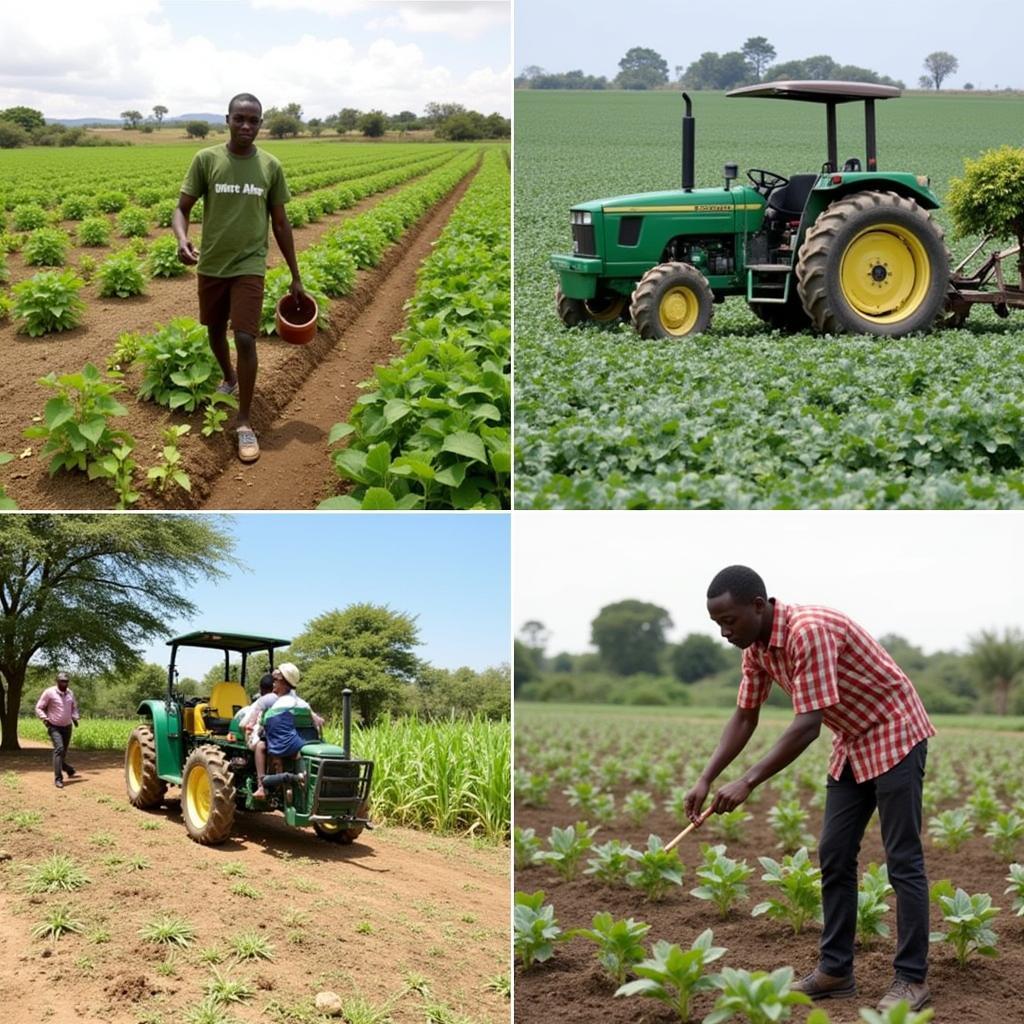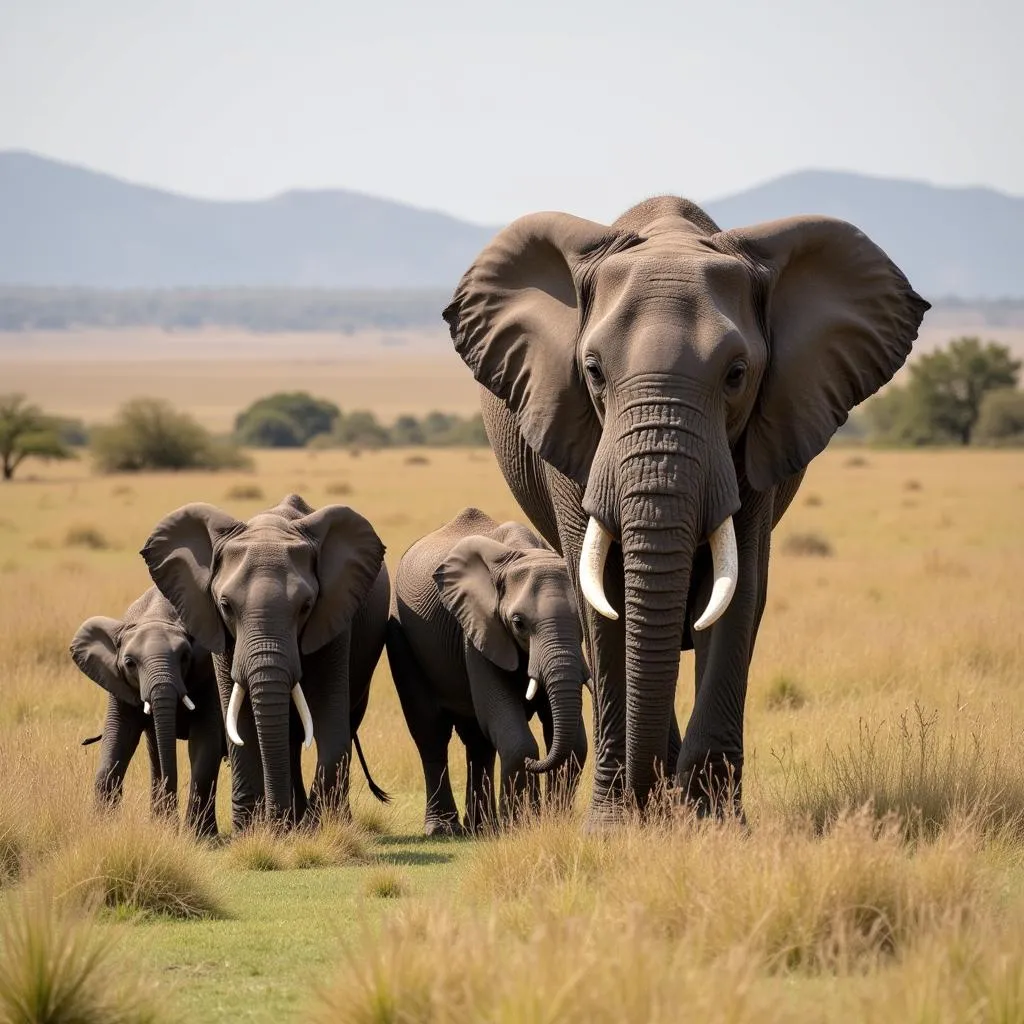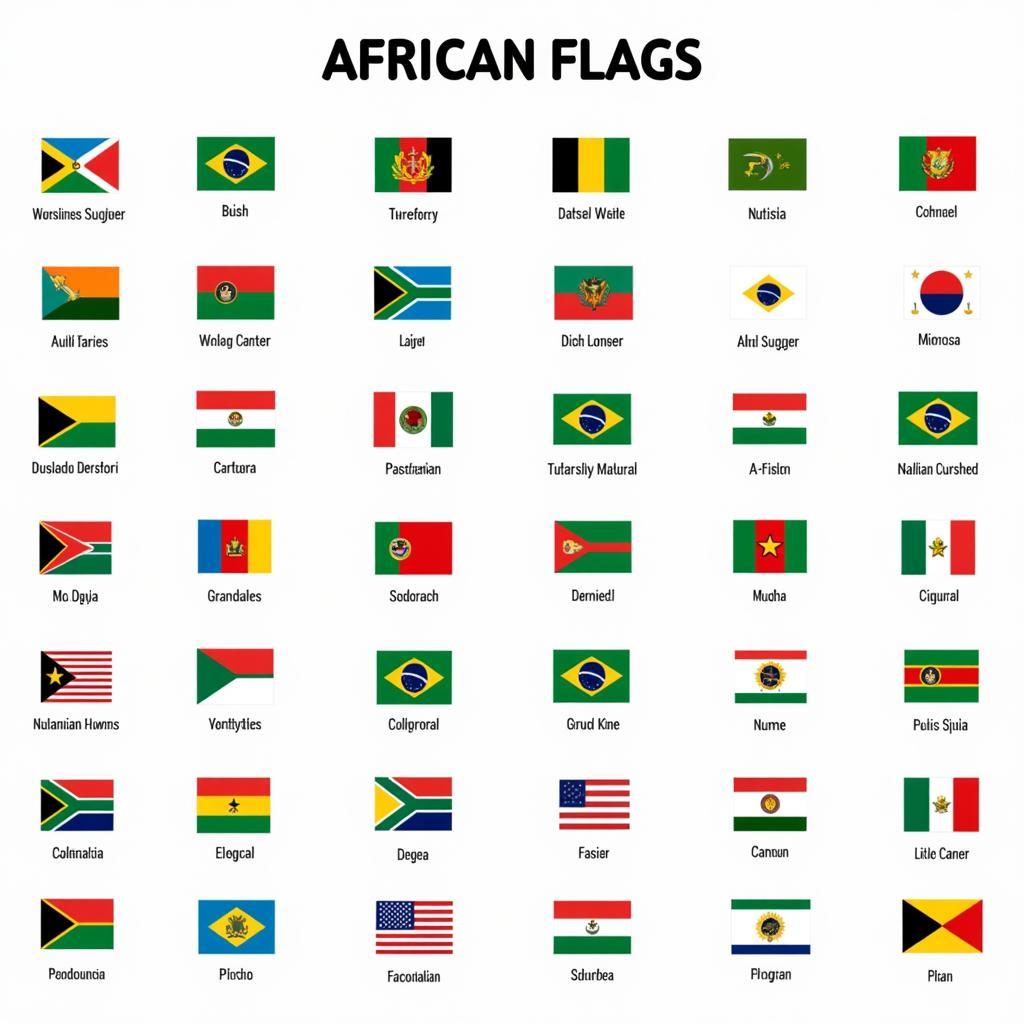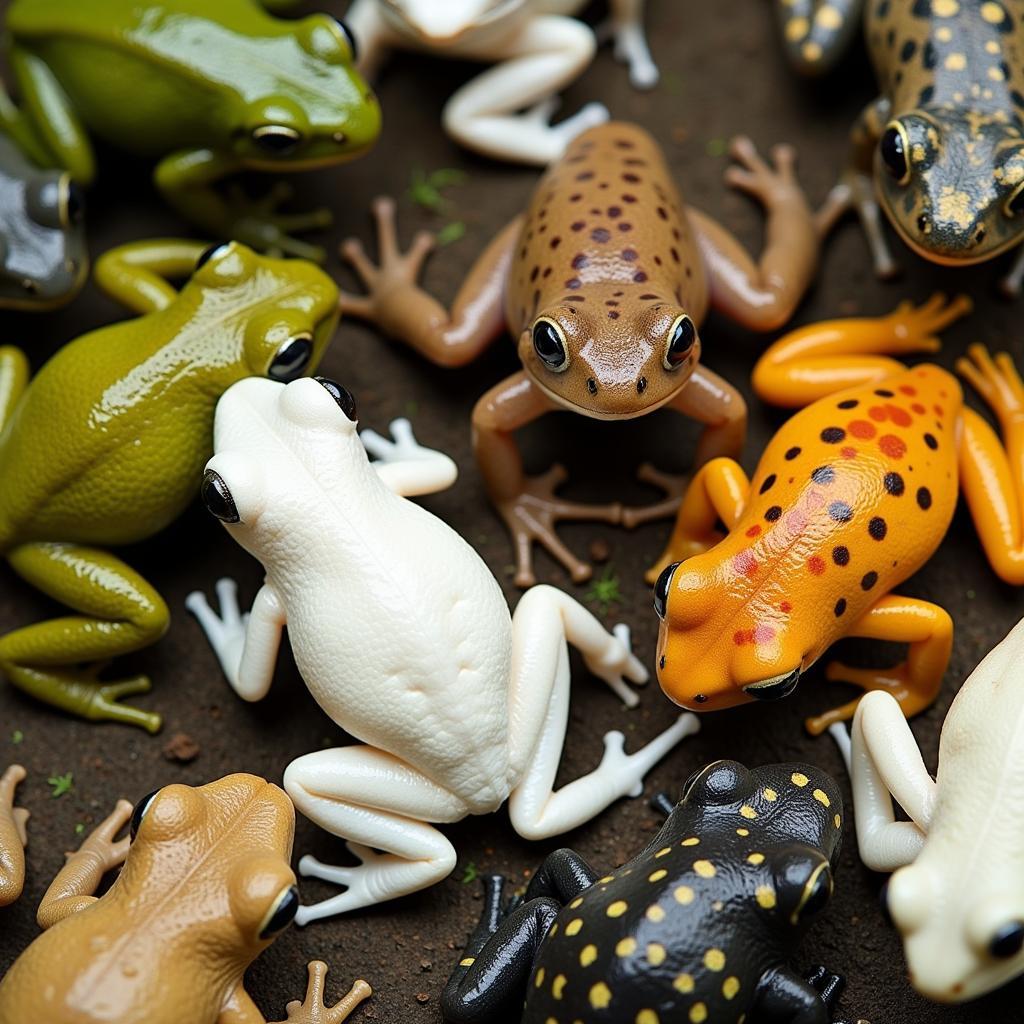Discovering the Heart of West Africa: The African Country Guinea
Guinea, an African country nestled on the West African coast, is a land of vibrant culture, breathtaking landscapes, and a rich history. This captivating nation offers a unique experience for travelers and a fascinating study for those curious about the diverse tapestry of Africa. Let’s delve into the heart of Guinea and uncover its hidden gems.
Unveiling Guinea: Geography and Biodiversity
Guinea is bordered by Guinea-Bissau, Senegal, Mali, Côte d’Ivoire, Liberia, and Sierra Leone. Its varied geography, from coastal lowlands to mountainous highlands, contributes to its incredible biodiversity. The Fouta Djallon highlands, often referred to as the “water tower of West Africa,” are the source of major rivers like the Niger, Gambia, and Senegal. Check out other interesting West African countries in this helpful resource: 17 west african countries and their capitals. This region is a crucial ecosystem supporting diverse flora and fauna.
Exploring Guinea’s Natural Wonders
What are some must-see natural attractions in Guinea? The Nimba Mountains Strict Nature Reserve, a UNESCO World Heritage Site, is home to unique species found nowhere else on earth. The dramatic cliffs, waterfalls, and montane forests offer a truly unforgettable experience.
A Deep Dive into Guinean Culture
The African Country Guinea boasts a rich cultural heritage influenced by numerous ethnic groups, including the Fulani, Malinke, and Soussou. Music and dance play a vital role in Guinean society, with traditional rhythms and vibrant costumes adding to the country’s vibrant cultural scene.
The Rhythms of Guinea: Music and Dance
What are the traditional musical instruments of Guinea? The kora, a 21-stringed harp-lute, and the balafon, a wooden xylophone, are key instruments in Guinean music. These instruments create mesmerizing melodies that accompany traditional dances, often performed during festivals and celebrations.
“Guinean music is deeply spiritual and connects people to their ancestors and the natural world,” says Dr. Fatima Diallo, ethnomusicologist specializing in West African music.
Guinea’s Historical Journey
Guinea’s history is marked by both pre-colonial kingdoms and French colonial rule. The powerful Mali Empire once extended into the region, leaving its mark on the culture and traditions.
From Pre-Colonial Kingdoms to Independence
When did Guinea gain independence? Guinea gained independence from France in 1958, becoming the first French West African colony to do so. This bold move, led by Ahmed Sékou Touré, marked a significant turning point in the country’s history. This comprehensive list might help you locate Guinea’s capital: african countries and capitals in alphabetical order.
“Independence was a hard-won victory that shaped the national identity of Guinea,” explains Professor Amadou Barry, historian specializing in African decolonization.
The Economy of the African Country Guinea
The African country Guinea possesses significant mineral resources, including bauxite, iron ore, and gold. These resources contribute significantly to the national economy.
Mining and Agriculture: The Pillars of Guinea’s Economy
What are the main economic activities in Guinea? Mining, particularly bauxite, is a major driver of Guinea’s economy, making it one of the world’s leading producers. Agriculture also plays a vital role, with crops like rice, cassava, and coffee contributing to livelihoods and food security. For more on countries starting with “E”, explore: african countries starting with e.
Conclusion: Experiencing the Magic of Guinea
The African country Guinea offers a captivating blend of natural beauty, vibrant culture, and a compelling history. From exploring the Nimba Mountains to experiencing the rhythmic beats of traditional music, Guinea promises a unique and unforgettable journey for every traveler.
FAQ
- What is the official language of Guinea? French.
- What is the currency of Guinea? Guinean franc.
- What is the capital of Guinea? Conakry.
- What are some popular Guinean dishes? Riz gras (oily rice), Poulet Yassa (lemon chicken), and Foufou (mashed plantains or cassava).
- What is the best time to visit Guinea? The dry season (November to April).
- Is it safe to travel to Guinea? It is advisable to check current travel advisories before planning a trip.
- What are some popular tourist attractions in Guinea? Nimba Mountains, Fouta Djallon highlands, Conakry Grand Mosque.
Here are some other related topics you might find interesting: african country name starts with alphabet e.
For assistance, please contact us at Phone: +255768904061, Email: kaka.mag@gmail.com or visit us at Mbarali DC Mawindi, Kangaga, Tanzania. Our customer support team is available 24/7.



